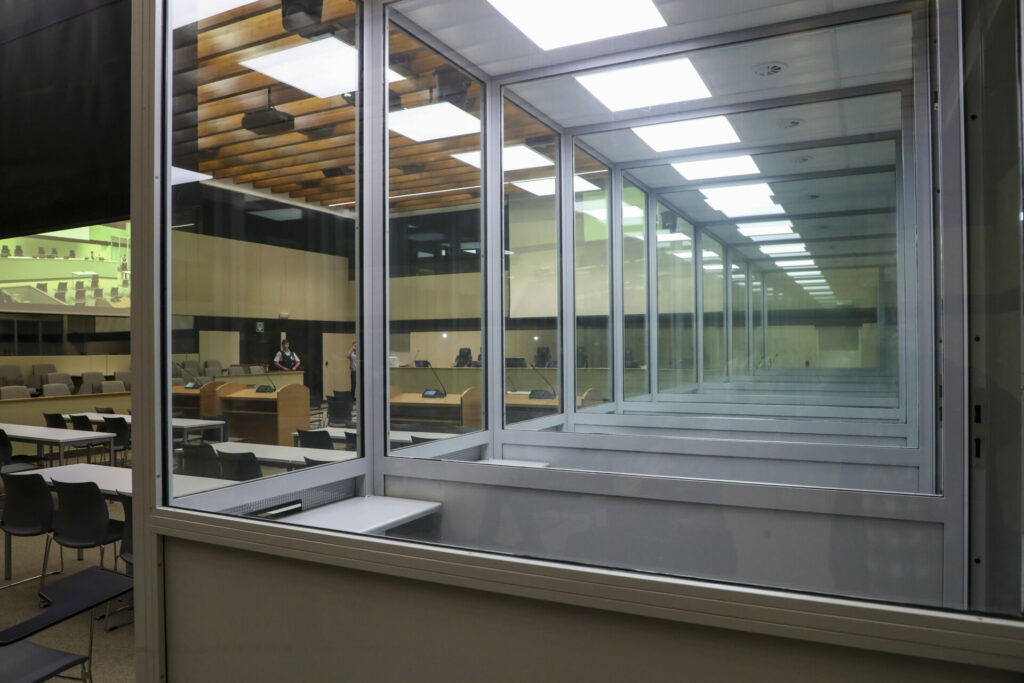A report issued by the Council of Europe shows that Belgium 'only' invests 0.22% of its budget in its justice system, a "modest budgetary effort," according to the European Commission for the Efficiency of Justice (CEPEJ).
The CEPEJ, a body of the Council of Europe, presented its latest Evaluation Report, their annual overview of European judicial systems on Wednesday.
Their findings revealed that a little more than €1 billion, or €87 per inhabitant, was spent on the Belgian budget for justice in 2020, representing 0.22% of Belgium's GDP.
Meaning that, while Belgium spends more on justice than France, which spent 0.21% of its budget on their judicial system, this figure is smaller than Germany and the Netherlands' judicial expenditures – 0.35% and 0.27% respectively.

Credit: Belga / Eric Lalmand
Furthermore, the report found that nations with higher GDP per capita tend to spend more on their justice systems. As a result, the CEPEJ's findings suggest that Belgium and France are only making a "modest budgetary effort considering their wealth" in terms of justice in their respective countries.
This is notable when comparing Belgium's GDP per capita of €39,160 to Germany's GDP per capita of €40,027, despite the latter spending 0.35% of its budget on its judicial systems compared to Belgium's 0.21%.
Other findings
The report also found some encouraging data on Belgian investment in its court system, as the country's legal aid budget per capita was €9.4, much higher than the European median of €7.51.
Related News
- Delight or disaster? Opinions about Brussels as a place to live extremely polarised
- With 70 suspicious deaths each year, Belgium invests in post-mortem forensics
- 1,000 daily searches on online database for legal and language experts
However, this is mitigated by the fact that northern European countries have traditionally spent more on legal assistance than southern and eastern ones, which choose to spend more in public prosecution.
Furthermore, the survey found that women continue to be underrepresented at the highest levels of justice, which is also true in Belgium. In 2020, 58% of Belgian judges were female, but only 38% presided over courts, and only 14% of public prosecutors were female.
Finally, when it comes to digitalisation of their judiciary system, Belgium's grade of 5.14 out of 10 still ranks lower than the CoE median of 6.5.

